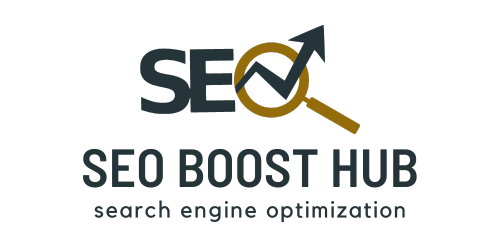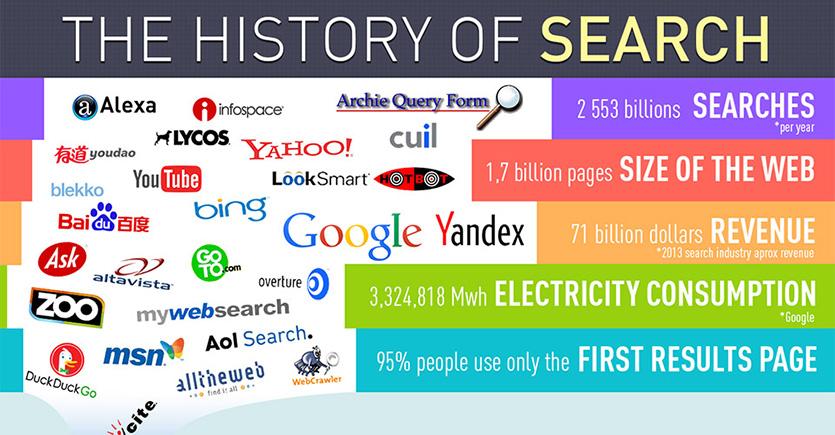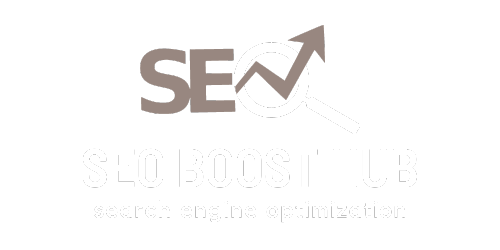 search engine“>
search engine“>
What notable improvements were made to search engines over time?
# Introduction
The history of Search Engines is a fascinating trip into the evolution of technology and the ever-changing landscape of the Internet. Understanding this timeline gives us the opportunity to appreciate how far we’ve come and predict what could be expected in our digitally dominated future.
# The dawn of Search Engines (1990-1994)
In 1990, Archie, the first search engine, was developed. It was a tool for indexing FTP archives, allowing people to find specific files.
In 1993, Veronica and Jughead emerged as search engines for the Gopher protocol, while Wandex made a mark as the first engine to crawl the World Wide Web.
The year 1994 saw the advent of WebCrawler, the first engine to index entire pages. Moreover, AltaVista, Lycos, and Yahoo! began their journey this year, endeavoring to catalogue the internet’s exponentially growing information repository.
| Year | Search Engine | Milestone |
|---|---|---|
| 1990 | Archie | First Search Engine |
| 1993 | Veronica and Jughead | First Gopher protocol Search Engines |
| 1994 | WebCrawler | First engine to index entire pages |
# The rise of Google (1996-2000)
In 1996, Larry Page and Sergey Brin developed BackRub, which used backlink analysis for determining page importance. This innovation laid the foundation for Google, the search engine launched in 1998 which quickly outclassed its competitors.
In 2000, Google launched its AdWords service, enabling businesses to advertise to people looking for information on the web, creating a ground-breaking revenue model for the online world.
# “Search” gets Personal (2000-2010)
With the release of Google’s toolbar and the introduction of “Personalized Search” in 2004, users were offered an increasingly refined search experience. The same period witnessed MSN search and Yahoo’s re-creation with its own search technology.
2006 brought ‘Google Suggest’ or ‘Autocomplete,’ which recommended search queries, followed by the 2008 launch of Google Suggest on google.com.
In 2009, Google’s real-time search meant that the SERPs could include real-time news stories and Twitter updates.
# Search gets Social and Semantic (2011-Present)
The convergence of Search, Mobile and Social was the highlight of this era. Google launched ‘Google +1’ in 2011 for social recommendations within SERPs.
The Hummingbird update in 2013 turned the focus to semantic web search. Today, Google’s powerful AI algorithms deliver precise and personalized search results in seconds.
# Conclusion
The history of search engines reflects the Internet’s incredible evolution. The strides made in technology and AI have turned search engines into complex marvels of modern technology that make our digital experiences seamless and rewarding.
From Archie to Google, the story has been about improving user experience, achieving faster search speeds, and delivering increasingly accurate and personalized results. As we move forward, there’s no doubt that innovations in AI, machine learning, and semantic searching will continue pushing the boundaries of what search engines can do.
However, as beneficial as AI has proven to be, there’s rising concern about potential misuse, loss of privacy, and an over-reliance on technology. Are we becoming too comfortable in our digital cocoons, dismissing these concerns for the sake of convenience? This is a question we’ll need to grapple with as we stride into the future of search.












